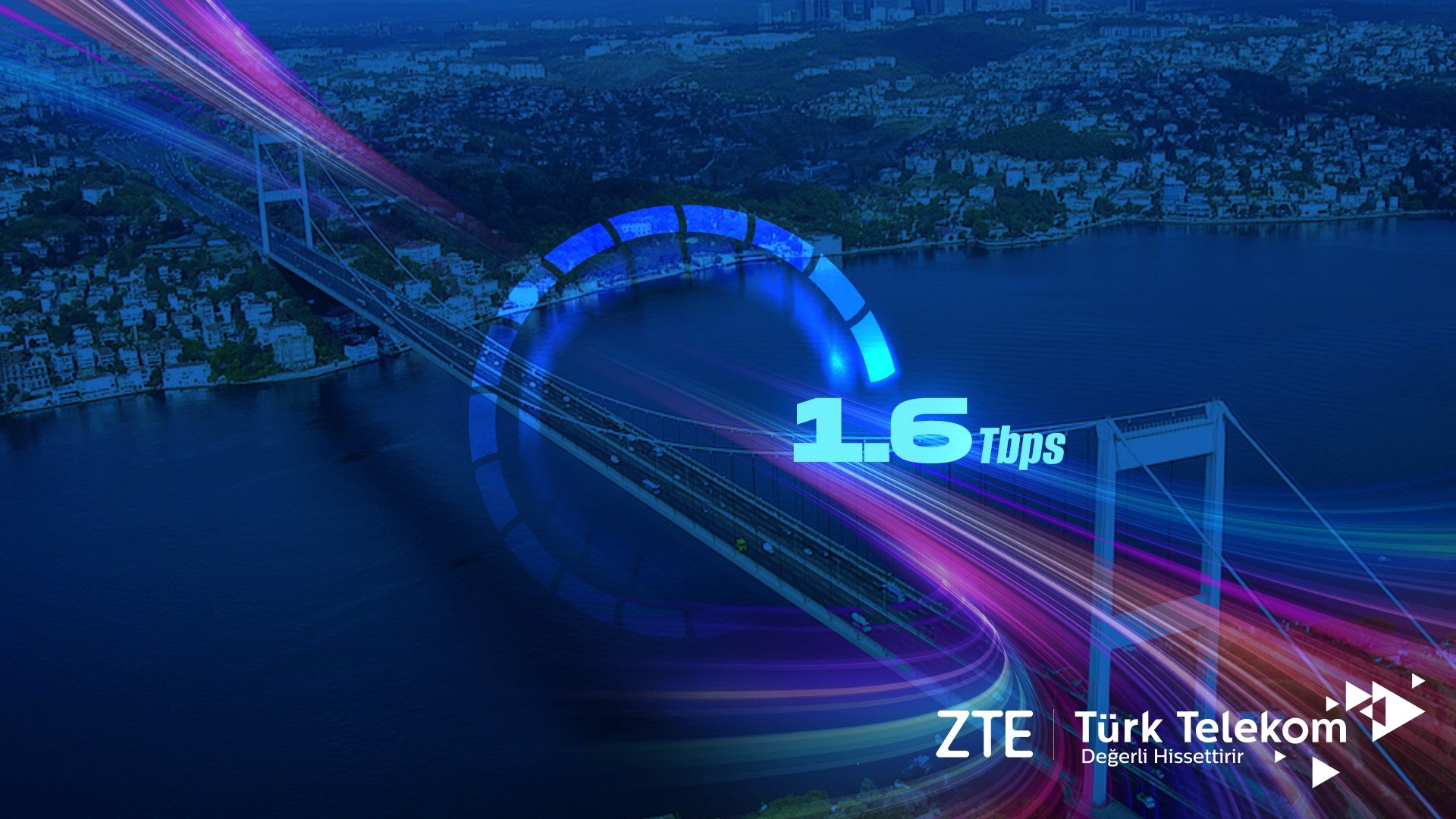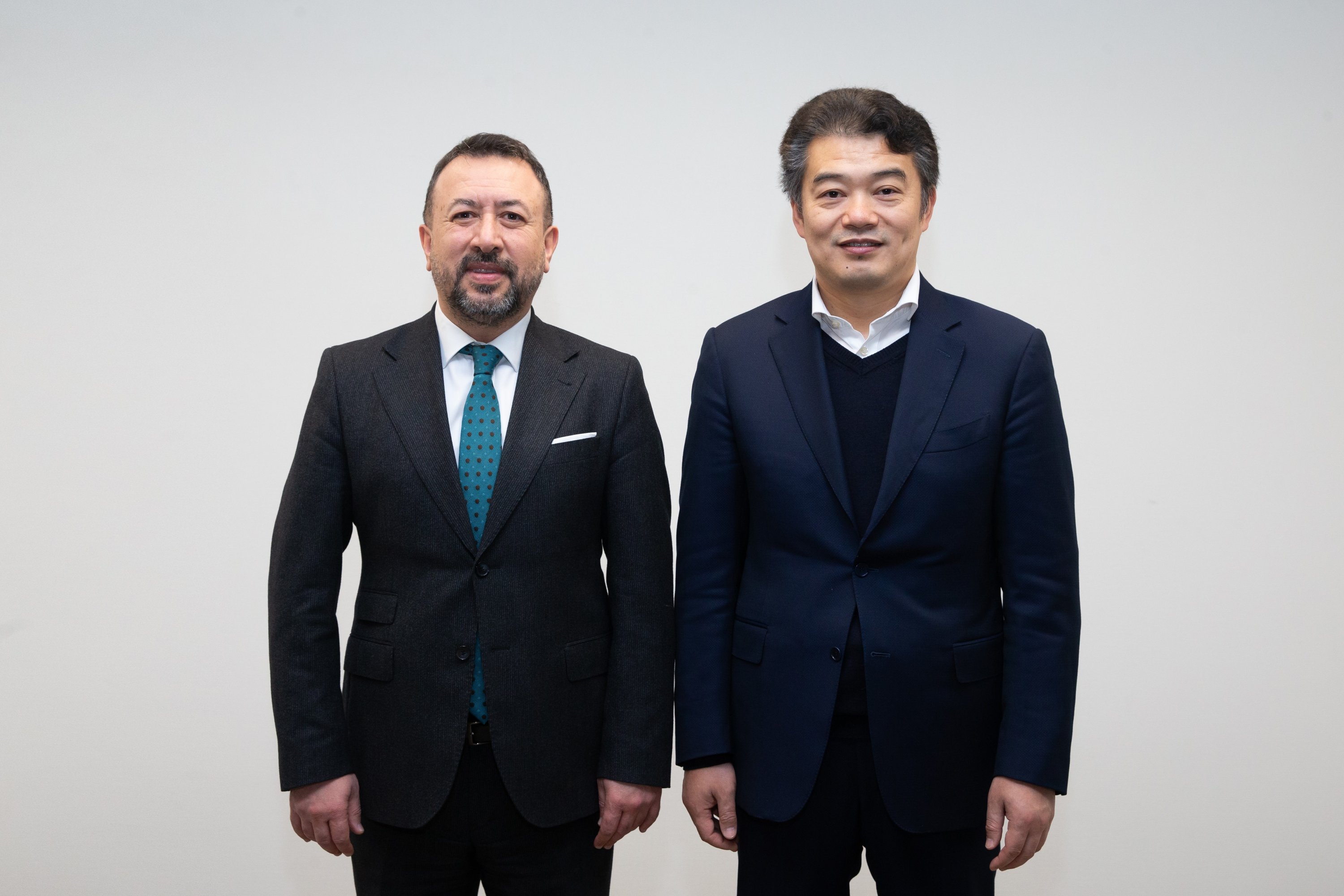The acceleration of digital transformation and the high frequency of global electronic threats to cyber security projects has turned into a major focus for investors.
Data emerges from 2024 standard investments in artificial intelligence and cloud technologies.
Meanwhile, Türkiye made noticeable steps in cybersecurity with local developed projects, and have received an estimate on the international stage.
The global cyber security market exceeded $ 250 billion in 2024, according to Gartner and Crunchbase estimates.
This year, Alphabet's acquisition of $ 32 billion on Wiz, a cloud security company, drew more attention to the progress of cybersecurity. This is the largest deal ever for Google Parent.
Cloud safety
Cybarian security solutions based on artificial intelligence are gained thanks to the pre -emptive defense capabilities. Companies such as Darktrace, Croldstrike and Sentinelone have emerged as leaders in this field.
Cloud security investments are witnessing rapid growth. Companies such as Palo Alto Networks and Wiz publishes Zero Trust to protect cloud infrastructure. The increasing interest in operating technological security (OT) has emerged in response to critical infrastructure attacks. Players such as Nozomi Networks provide special solutions for sectors such as energy and health care.
Globally, the investment activity in cybersecurity continues to rise. For example, Reliaquest, a cybersecurity security company, has received more than $ 500 million of financing, which raised its evaluation to $ 3.4 billion.
Türkiye advanced
Türkiye has also made significant progress in cybersecurity in recent years.
The enactment of cybersecurity law represents the beginning of a new era of digital security. Local companies such as STM, Havelsan, and Argela offer impressive solutions to the public sectors and defense.
In addition, startups such as Sectrio, Socraradar and Hackuity have received strong attention from international investors. Turkish startups managed to raise more than $ 50 million of investments in 2024.
On the other hand, the cybersecurity group in Türkiye continues to enhance cooperation between public and private sectors to develop innovative projects, which enhances the country's presence in the global cybersecurity market.
Future trends
Experts predict that artificial intelligence, quantum encryption, and Zero Trust will determine the future of cybersecurity.
As the risk associated with digitization grows, cyber security projects have become increasingly strategic investment fields. Türkiye's potential in this field is strengthened by dependent on local technologies.
32 billion dollars bet
In one of the largest deals in the cybersecurity sector, Google acquired a fast -growing Wiz for $ 32 billion. The acquisition aims to enhance Google Cloud's competitive feature against Amazon and Microsoft. Wiz specializes in cloud security solutions free of agents, widely used by Fortune 500 companies.
The deal is expected to enhance the Acting Google Security Offers. However, challenges remain like high costs and organizational obstacles as possible obstacles during the integration process.
Türkiye is facing major cybersecurity challenges with 1.5 million attacks in 2024
With the acceleration of digital transformation, electronic attacks have become a major threat all over the world, including in Türkiye. These attacks are not limited to large companies, but they also target small and medium -sized companies (SMES), which exposes the continuity of their business through data violations, ransom losses, and financial losses.
The increase in electronic attacks, especially data violations and cyber devices, rose from the financial damage of companies, undermined their reputation and disrupting their operations. Small and medium -sized companies, in particular, bound these threats, struggling to enhance cybersecurity infrastructure due to limited resources.
Competitiveness in danger
In 2024, Türkiye witnessed approximately 1.5 million electronic attacks, according to Artuğ Tikiç, General Manager of cybersecurity berqnet.
“The network -based attacks have increased by 2,340 %, raising the total number of electronic attacks to 1.5 million.
Due to its limited budgets and resources, small and medium -sized companies often fail to implement strong measures for cybersecurity, making them easy targets for electronic criminals.
Tiki added that the repercussions go beyond companies, affect customers, partners and even local economies.
“Data theft, service disorders, and confidence loss significantly reduce the prospects for survival from small and medium -sized companies. Moreover, such attacks offer a digital journey in Türkiye and global competitiveness.”
Cyber Security Law
To reduce the economic and societal effects of electronic attacks on Türkiye, coordinated efforts between the public and private sectors are essential.
In this context, the recently -yearly cybersecurity law, which was approved by the Great National Assembly of Türkiye (TBMM), represents the beginning of a new chapter in digital security.
Under the new law, public institutions and private sector entities are encouraged to give priority to local and national technologies in cybersecurity applications.
This initiative aims to enhance digital security, but also aims to reduce Türkiye's dependence on foreign technology and enhance the competitiveness of local producers.
Strategic sectors such as energy, transportation, health care, financing and communication now bear a greater responsibility in protecting digital security under this framework.
Critical infrastructure protection
The new regulations also provide advanced security standards and compliance requirements to protect the critical infrastructure owned by both the public and private sectors. The vital sectors, including transportation, communication, energy and health care, will be more flexible against electronic attacks and must adhere to the specific technical security standards.
Tiki stressed the importance of these measures for local technology producers.
He said: “The new law is a strong step in supporting the development of local cybersecurity manufacturers. It not only enhances the country's digital security, but also puts Türkiye more firmly in global competition with the technologies produced using our own resources.”
“In Berqnet, we are ready to contribute to this transformation through the 100 % developed research and development experiences to meet the needs of cybersecurity for public and private sectors.”
Türk Telekom, record the ZTE group with an optical transportation test
Since the Internet infrastructure is still the cornerstone of global competitiveness, Türk Telekom, a leading telecom company in Türkiye, continues to implement innovative and sustainable solutions to meet technology requirements from the next generation.
The company has focused on processing the traffic traffic traffic while determining the priority of capacity enhancement and energy efficiency.
Türk Telekom, in cooperation with the leading global technology company ZTE, achieved standard speeds in visual transport tests between the continents over the network that passes the Bosphorus Strait in Istanbul.
Test display, which reached 1.6 Terpene per second (TBPS), large energy savings and the ability to transfer improved data, preaching the right of a new era of digital infrastructure in Türkiye.

The experience made the first operator for Türk Terekom Türkiye to achieve visual transmission speed 1.6 TBPS using the advanced thick transmission technology (DWDM).
ZTE DWDM network in Istanbul, which carries a large part of the city data movement, facilitated this pioneering test. Using the C6thz and L6THz ranges widely, the connection between the continents has reached a record speed on one channel, which led to noticeable improvements in power and energy efficiency.
Additional tests included submarine links and new integrated bridges carrying live traffic with dual -carrier -capacity systems with a capacity of 3.2 TB.
Meet the needs of the growing data
Zafer Orhan, deputy general manager responsible for the network at Türk Telekom, said that the company is committed to meeting the requirements for the increasing data speed of Türkiye with innovative, effective and easily controlled solutions.
“By publishing the technologies of the new generation, we create the basis for transformational progress. This is a transit transparent speed test on the Bosphorus network that has achieved great power and saving energy,” Orhan pointed out.

“These technologies will accelerate operations and enhance efficiency in various sectors, including smart cities, independent vehicles, health care, manufacturing, and digital games.”
Provides visual transportation technology
The successful trial represents a new step in technological innovation and partnership between Türk Telekom and ZTE in visual communications.
“Not only is ZTE leadership in DWDM technology, but it also sets a solid basis for developing effective, intelligent and sustainable networks in the future,” said Eguang.
“We expect impatiently to enhance cooperation with Türk Telekom, where they joinly lead the development of visual communication technology, provide superior network experiences for global users, and enhance strong growth in digital economy.”



